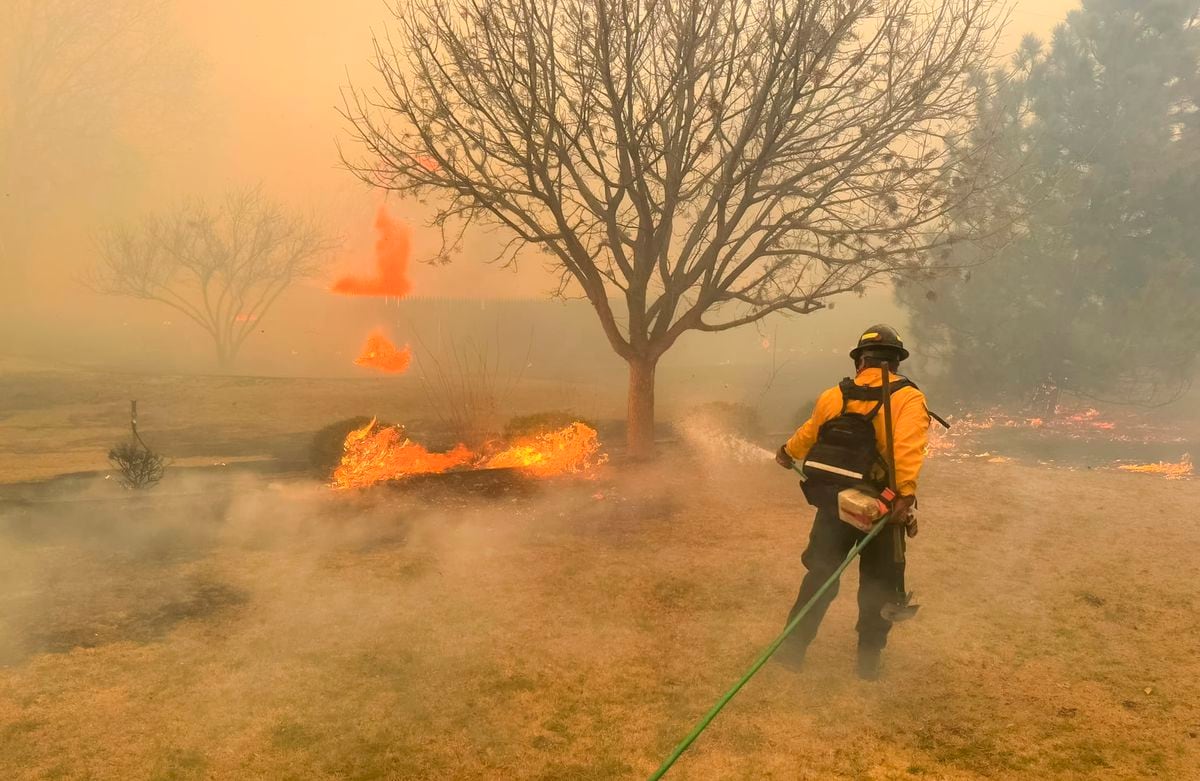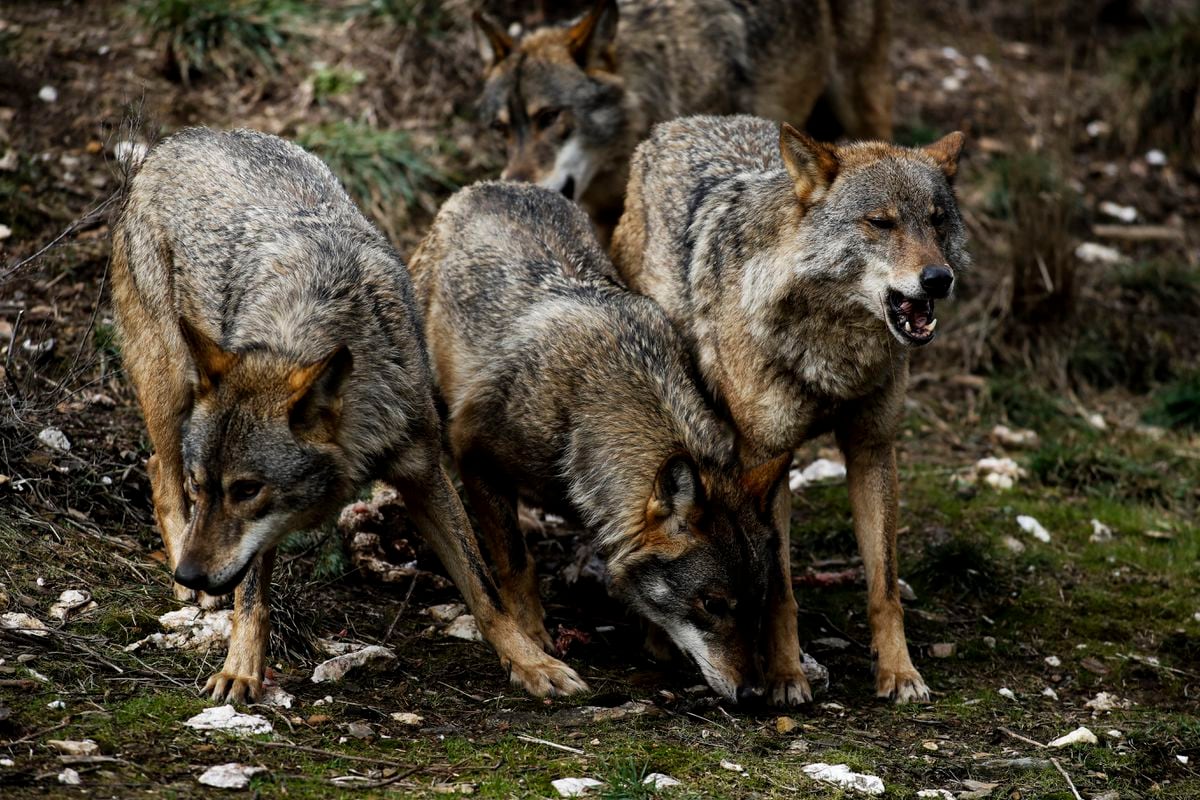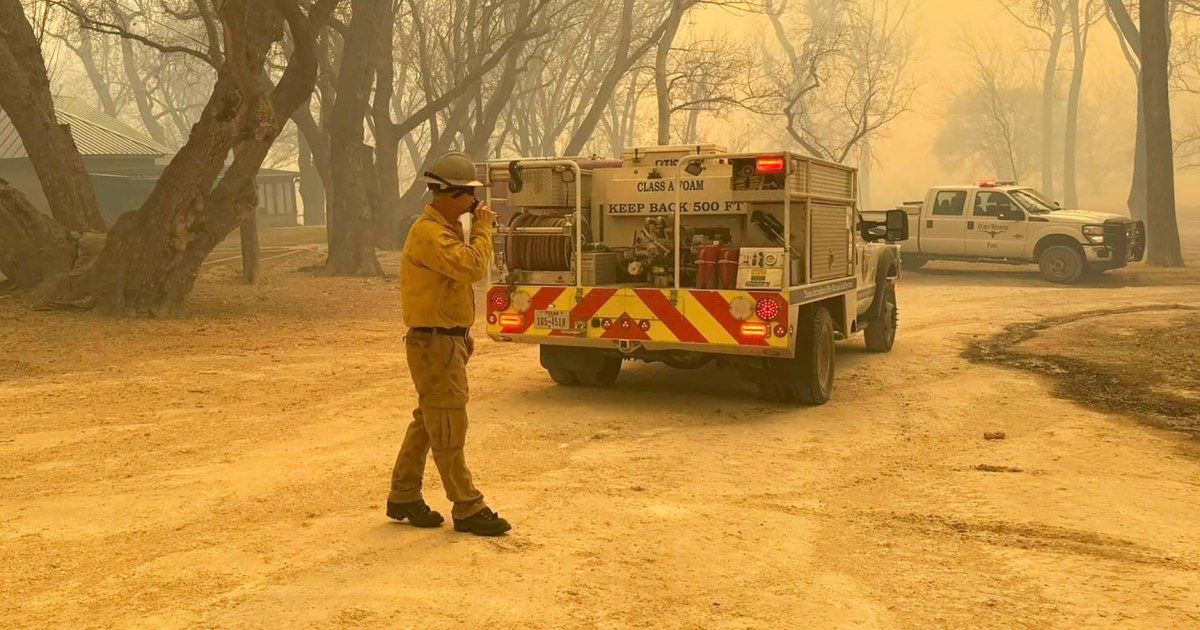A wolf pack could soon form in the Black Forest.
Livestock farmers in the region are increasingly thinking about how to protect their animals.
A pilot project with llamas and donkeys is intended to remedy the situation.
Feldberg – After two wolves fell into a photo trap in St. Blasien near de Schluchsees in mid-February, experts expect a pack to form.
Since the mating season for wolves usually occurs between January and March, there is a good chance that there will be offspring soon.
The news should be alarming for livestock farmers.
Not only small farm animals are endangered.
In addition to sheep and goats, cattle are also on the wolves' menu.
Only recently a dead cow was found at the Schluchsee.
It quickly became clear that the culprit was a wolf.
In order to keep wolves away from their cattle, farmers in the Black Forest are also planning unusual measures in the future.
As part of a pilot project, selected farms will soon protect their herds of cattle with llamas and donkeys.
The project is funded by the Ministry of the Environment.
Llamas and donkeys are known to be herd guardians.
Donkeys, for example, react with screams, show their teeth and hoof attacks as soon as a wolf approaches.
They have an innate aversion to canines, just like llamas.
They, too, tend to walk towards the wolf instead of running away.
Due to their size and their proud posture, they act as a deterrent to the wolf.
Wolf defense in the Black Forest: New methods are needed
"Together with the farmer, we consider: How can I optimize herd protection against the wolf?" explains Roland Schöttle, Managing Director of the Southern Black Forest Nature Park, to the
SWR.
"We want to try out a few things in this project, there is still no ready-made solution in the entire Federal Republic." Herd protection from sheep cannot be transferred one-to-one to cattle.
"Because then we would be very worried that the Black Forest would be completely closed with fences." While the wolf-proof fences for sheep are still small, they would be too expensive and too complex for cattle.
So other methods to defend against wolves are needed.
+
Llamas and donkeys are said to protect cattle from wolves in the Black Forest.
© dpa/Frank Rumpenhorst/Imago/imagebroker (photomontage BW24)
The problem for the farmers: only if their grazing animals are adequately secured will they receive compensation in the event of a wolf killing them.
In order to relieve farmers, the
Bund für Umwelt und Naturschutz Deutschland (BUND)
founded the “Wolf Compensation Fund” together with other nature conservation and hunting associations in 2013.
Affected livestock owners receive compensation from this if a wolf kills their animals.
This not only compensates for damage caused by the loss of grazing animals, but also covers veterinary costs for injured animals or the costs of searching for animals that have escaped.
The wolf compensation fund aims to increase acceptance of the wolf.
Diet of wolves: Just one percent of the prey are livestock
According to
the BUND
, wolves rarely kill livestock.
"Just one percent of the prey killed in Germany are livestock," writes the organization on its website.
As reported by the Federal Ministry for the Environment and Nature Conservation, more than 90 percent of wolves feed on roe deer, red deer and wild boar, the numbers of which are already very high in Germany are increasing.
Other wild animal species are only included in the wolf's range of prey in exceptional cases and are therefore not endangered.
Our Baden-Württemberg newsletter provides you with all the important news from the state on a regular basis.
Click here for registration.
Although grazing animals such as sheep, goats and cattle are not at the top of the wolves' diet, farmers are alarmed.
As the
SWR
reports, some of them are even thinking about quitting.
After the first pair of wolves settled in the Black Forest - which was documented several times - there was apparently an acute state of alert.
Roland Schöttle, Managing Director of the Southern Black Forest Nature Park, would like to prevent this at all costs.
As he points out, the only way to keep the landscape open is through grazing.
Wolves in Germany and Baden-Württemberg: Return is considered a success in species protection
After wolves had been exterminated in Germany for 150 years, they returned to the Federal Republic around the year 2000.
Their return is considered a great success for species protection.
Since the wolf immigrated to Baden-Württemberg in 2015, according to the
nature conservation association Nabu
a total of 13 wolves clearly identified.
The spread of wolves scares many people.
In most cases, however, panic is unfounded: most wolves are cautious and withdraw when they encounter people.
The Lower Saxony State Ministry recently explained how to behave properly in an encounter.
The wolf is one of the strictly protected animal species and may therefore not be hunted.
The only exception: if a wolf kills livestock twice in a row despite livestock protection measures, it can be shot down.
List of rubrics: © dpa/Frank Rumpenhorst/Imago/imagebroker (photomontage BW24)









